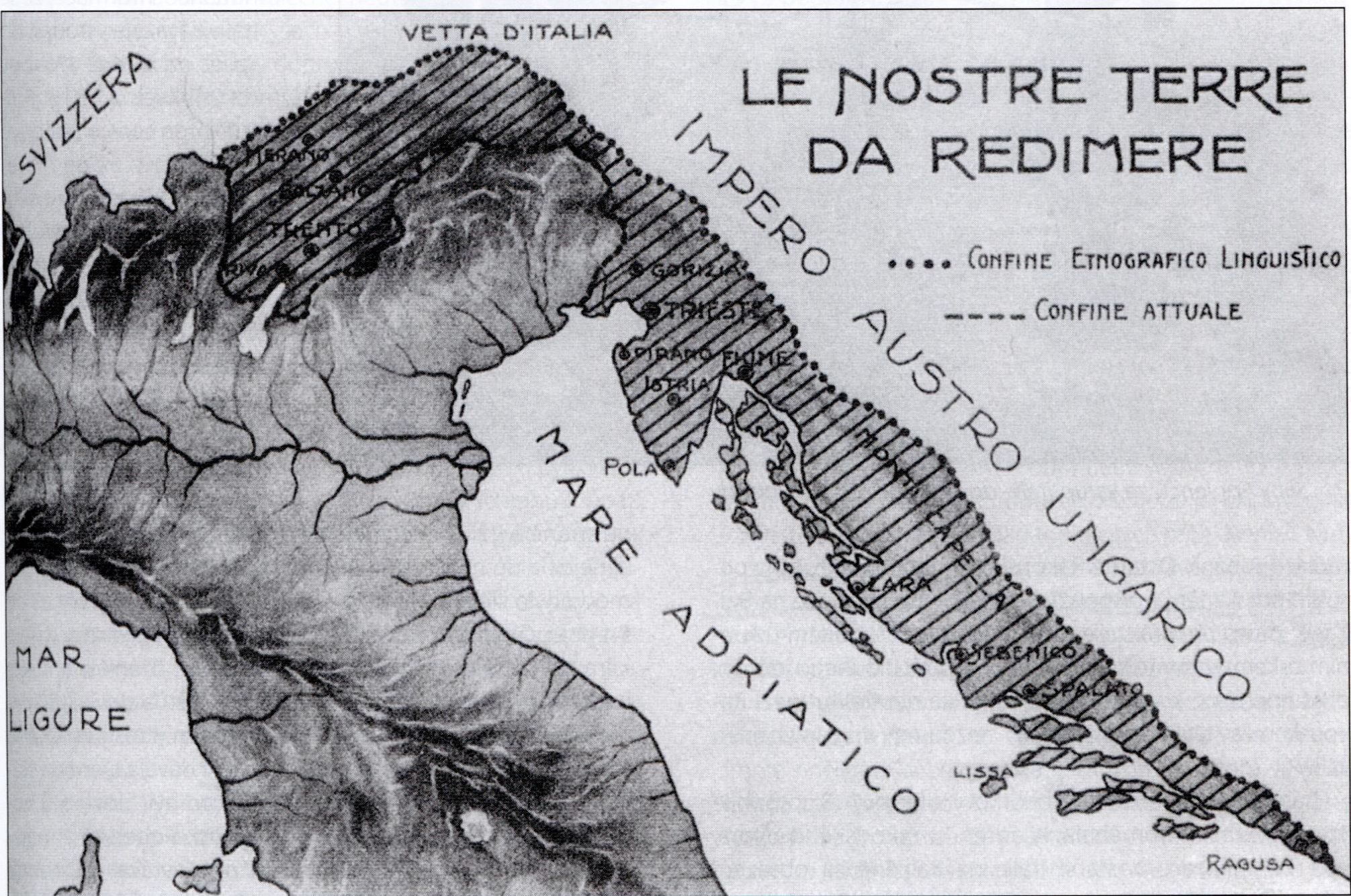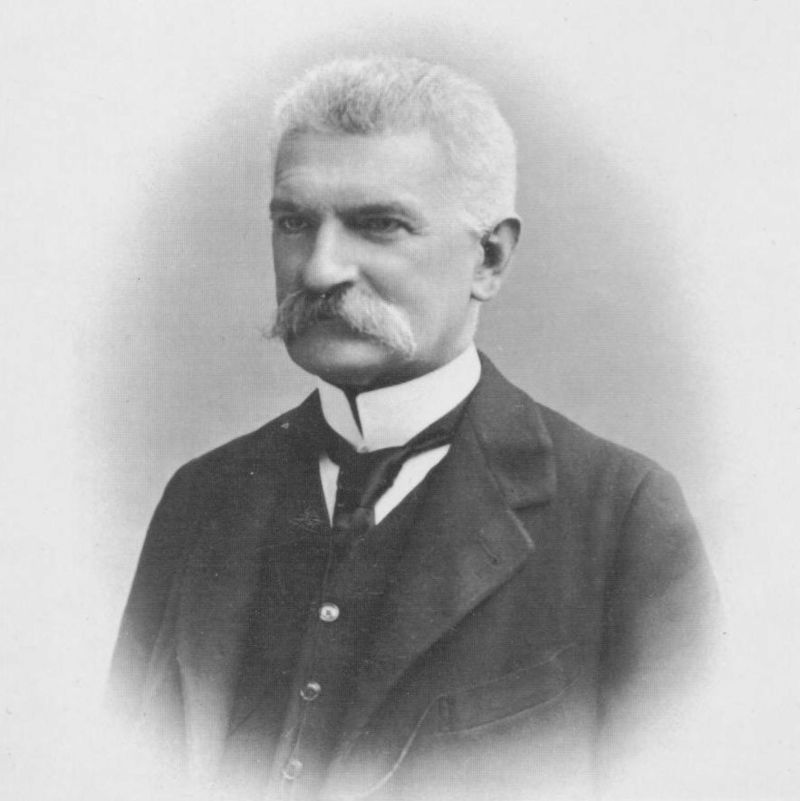Italian front 1915-1917 along the Isonzo river - 2021
1. Political situation before the war
Italy´s entry into the war against Austria-Hungary on 23 May 1915 was not surprising, as the Italian government´s shifting from one side to another was already well known. Before that happened, the Kingdom of Italy had agreed to the secret, so-called Treaty of London with the states of Entente on 26 April 1915, in which Italy was promised South Tyrol, Princely County of Gorizia and Gradisca with Trieste and Northern Dalmatia in return for entering the war.
Italian claims for southern territories of Austria-Hungary

Source:
VRIČAN, J.: Po zapadlých stopách českých vojáků: Z Julských Alp k Jadranu, Olomouc 2008.
Parallel Italian diplomacy played the same game with Vienna in 1914. Italy offered its help against France, as Italy demanded the southern territories of the Habsburg monarch, the declaration of Trieste as a free city, the recognition of the Italian sovereignty over the Albanian Vlore county, and the promise of French colonies, which Vienna refused. Italian politicians did not have any problem with such an equivocal attitude. The last pre-war Italian Foreign Minister, Sidney Sonnino, did not deny his philosophy of “sacro egoismo“, which meant gaining the maximum profit from war. The chief of the Italian General Staff, Lieutenant Luigi Cadorna, was more straightforward. Already in August 1914, he began intensive troop training aimed at fighting a war against the Habsburg monarchy. Less than a month after the Treaty of London was signed, Italy declared war against Austria-Hungary on 23 May 1915. At that time, however, the goal of the Entente was not to break up the Austro-Hungarian Empire, as its existence was still considered as a prevention of the "Balkanization" of Central Europe.
Source:
ŠEDIVÝ, I.: Češi, české země a Velká válka 1914-1918, Prague 2001.
Sidney Sonnino

Source:
https://it.wikipedia.org/wiki/Sidney_Sonnino#/media/File:Sidney_Sonnino_2.jpg
